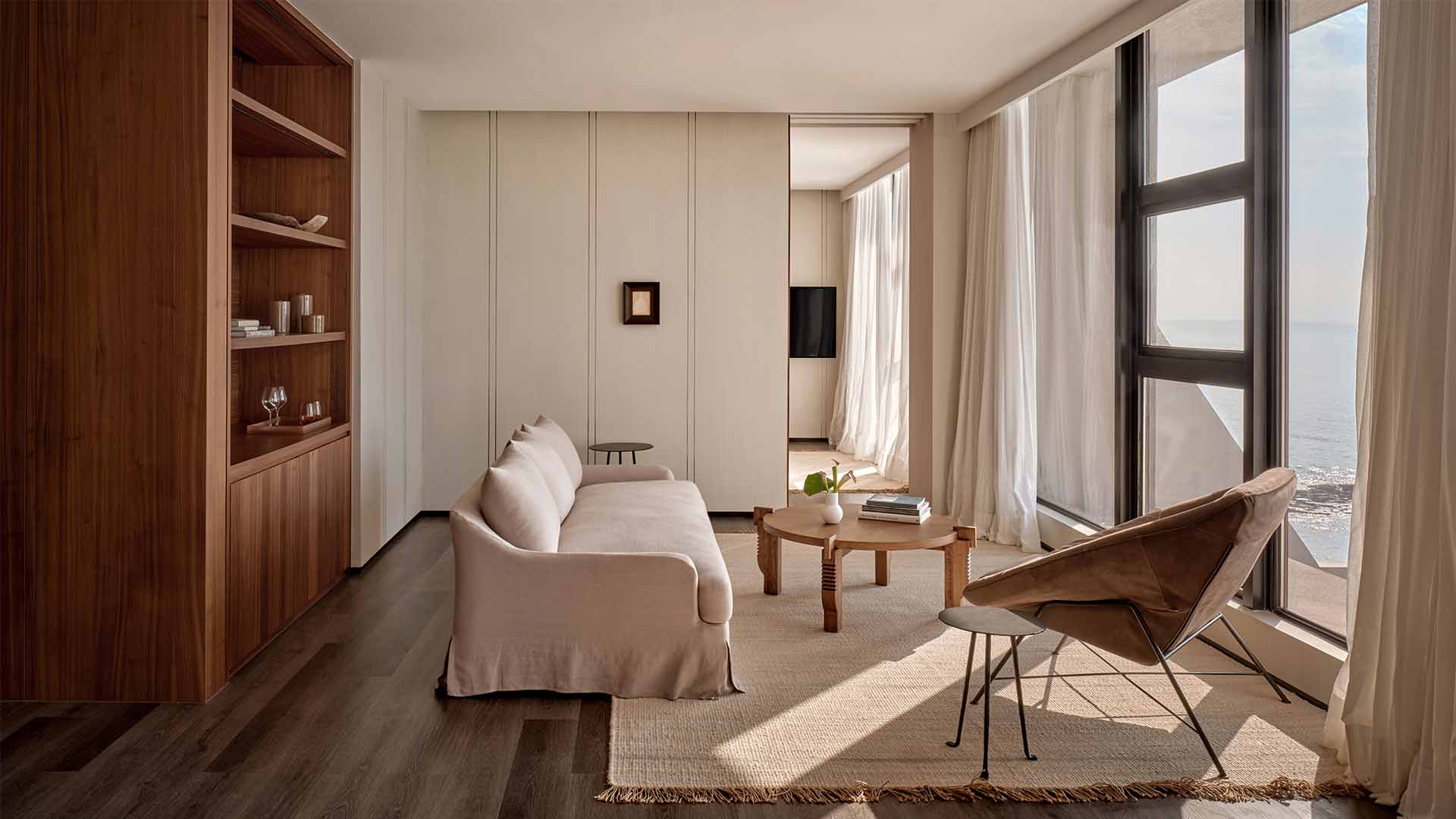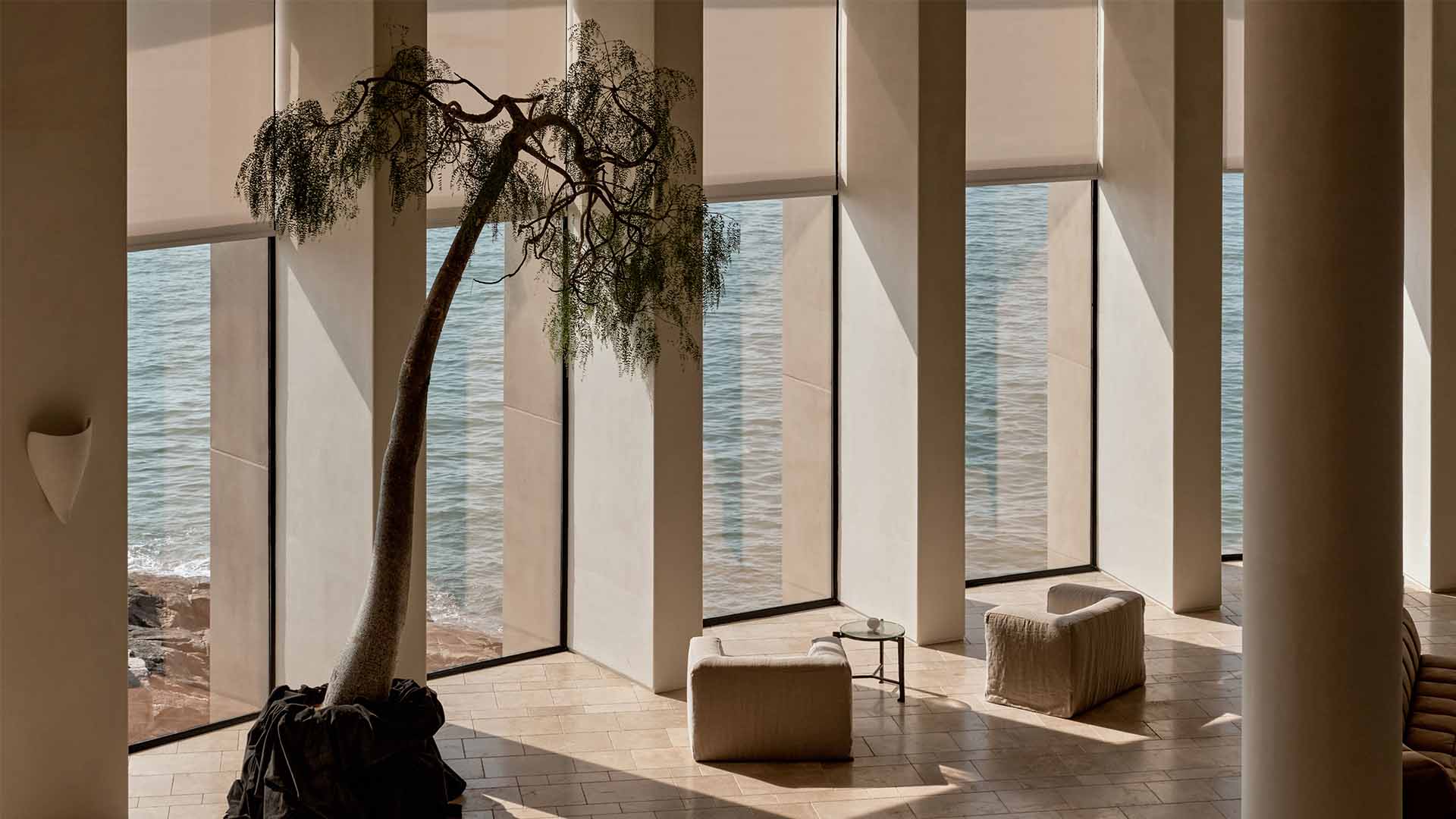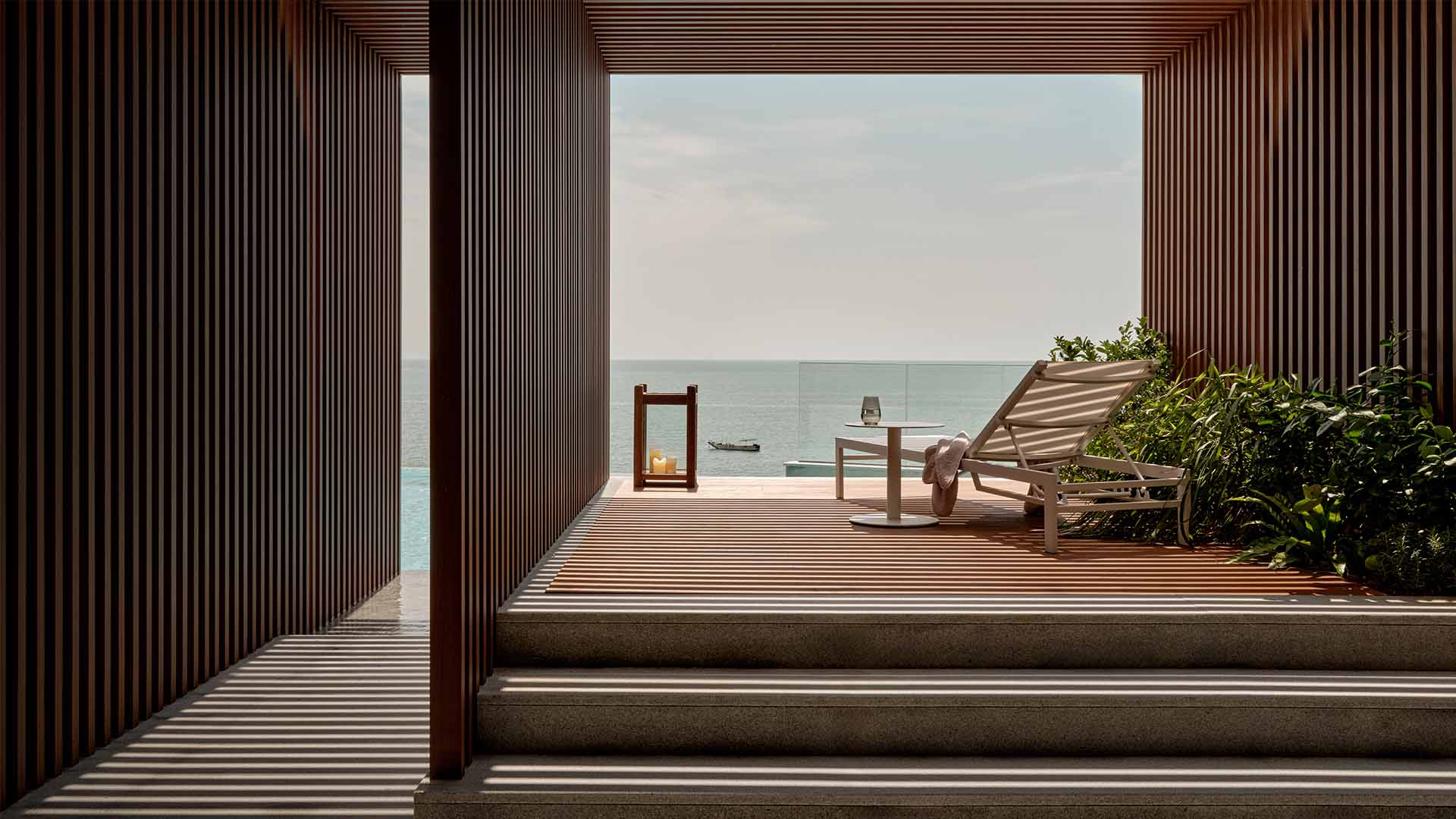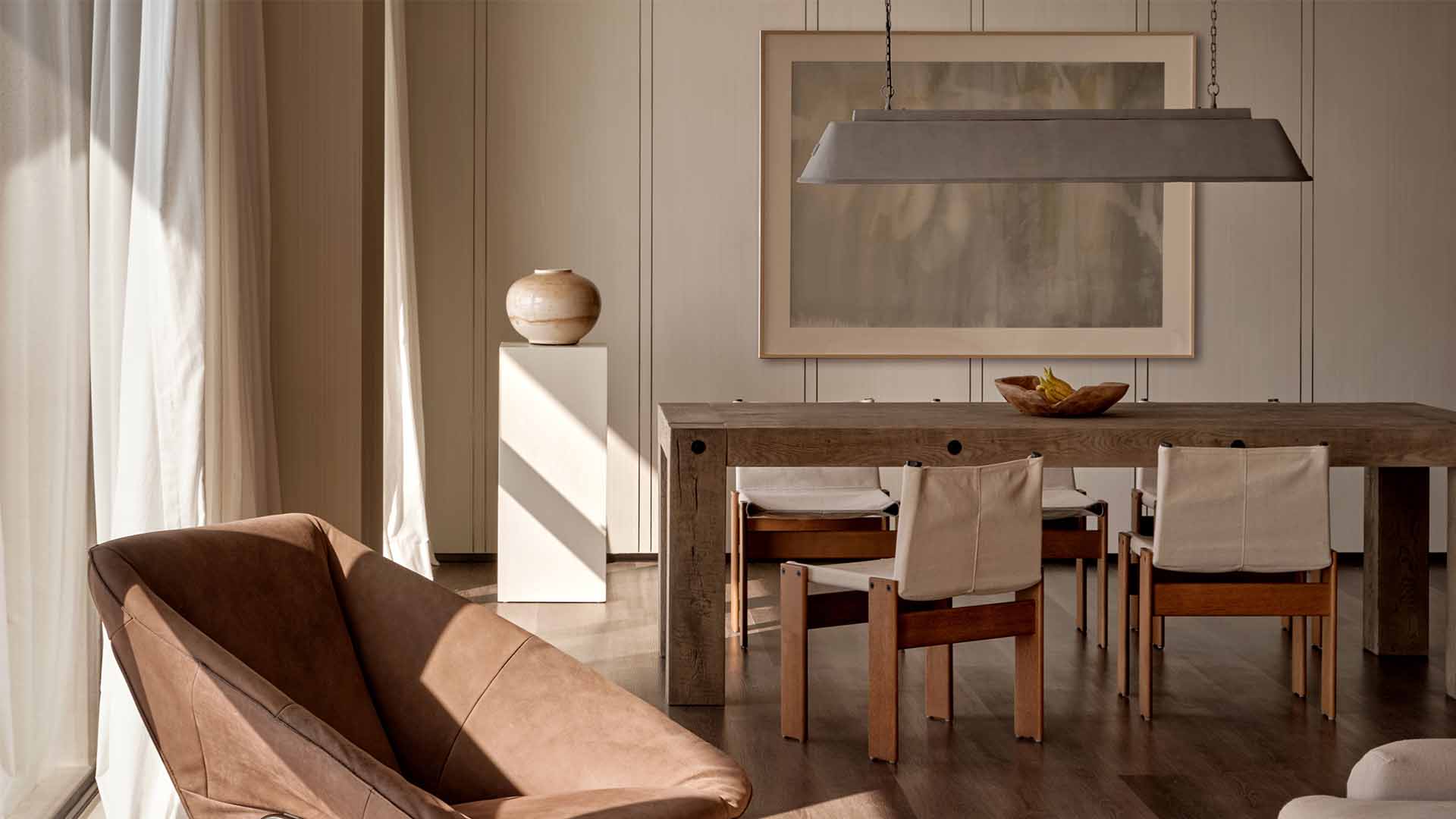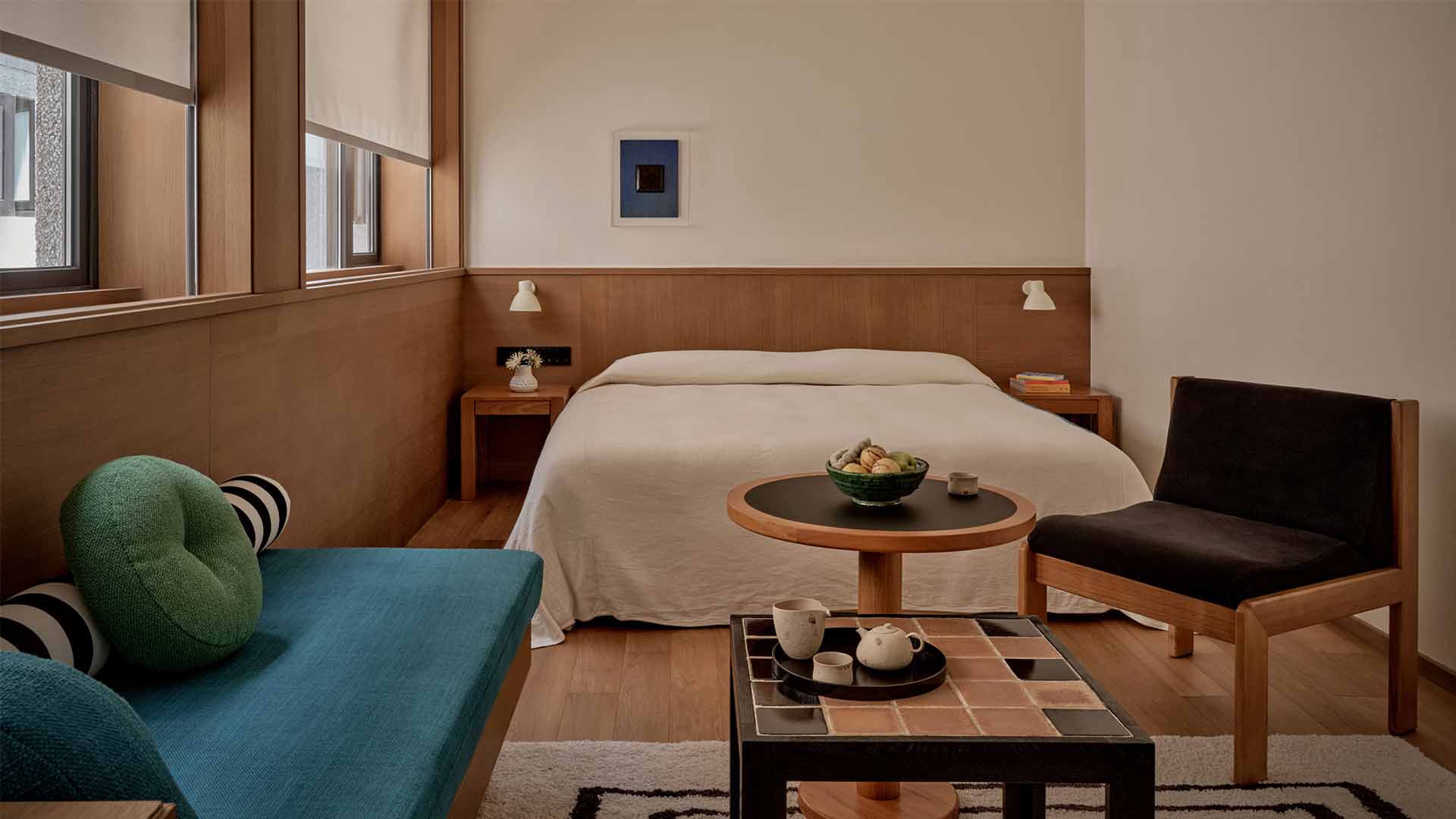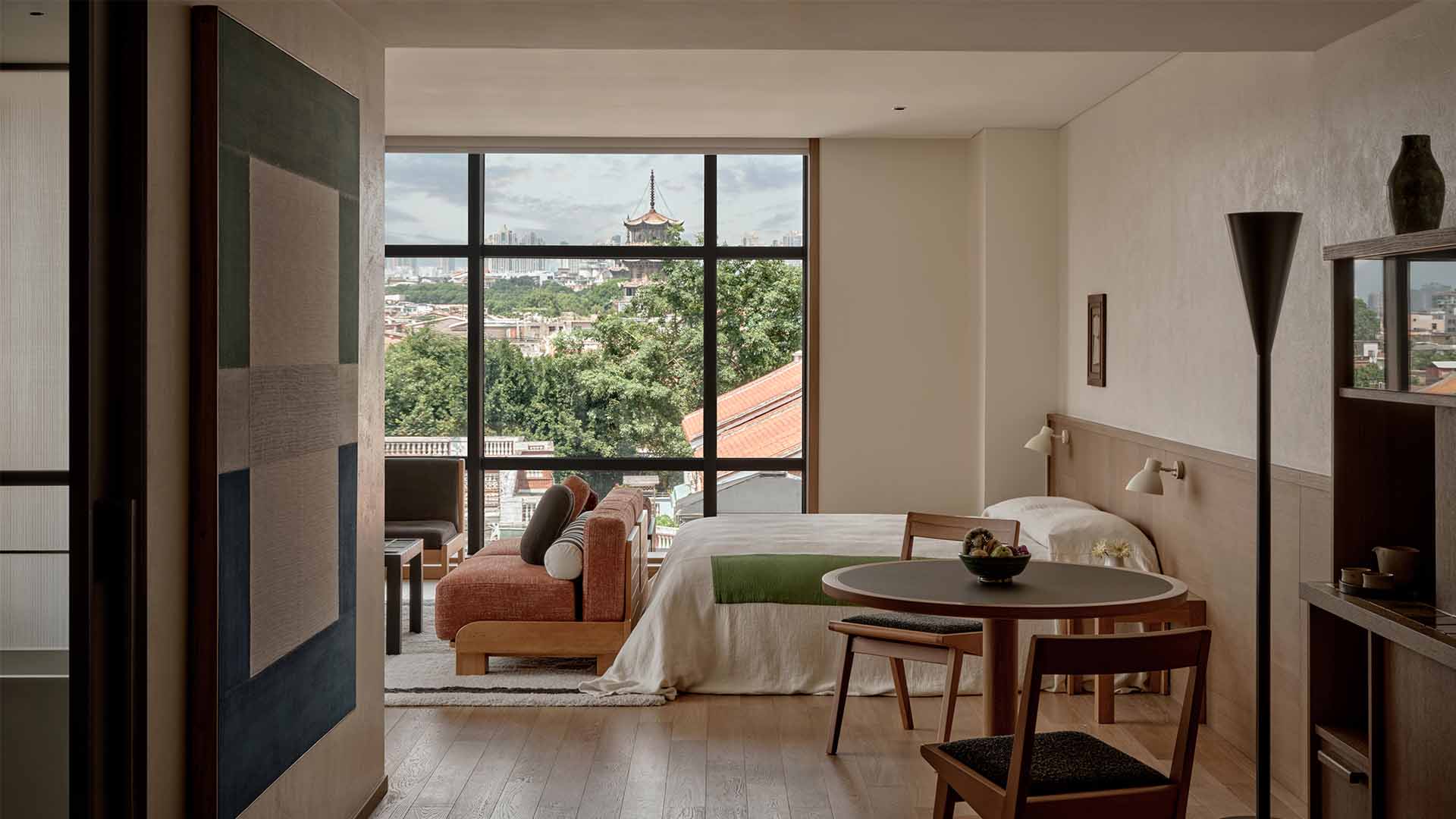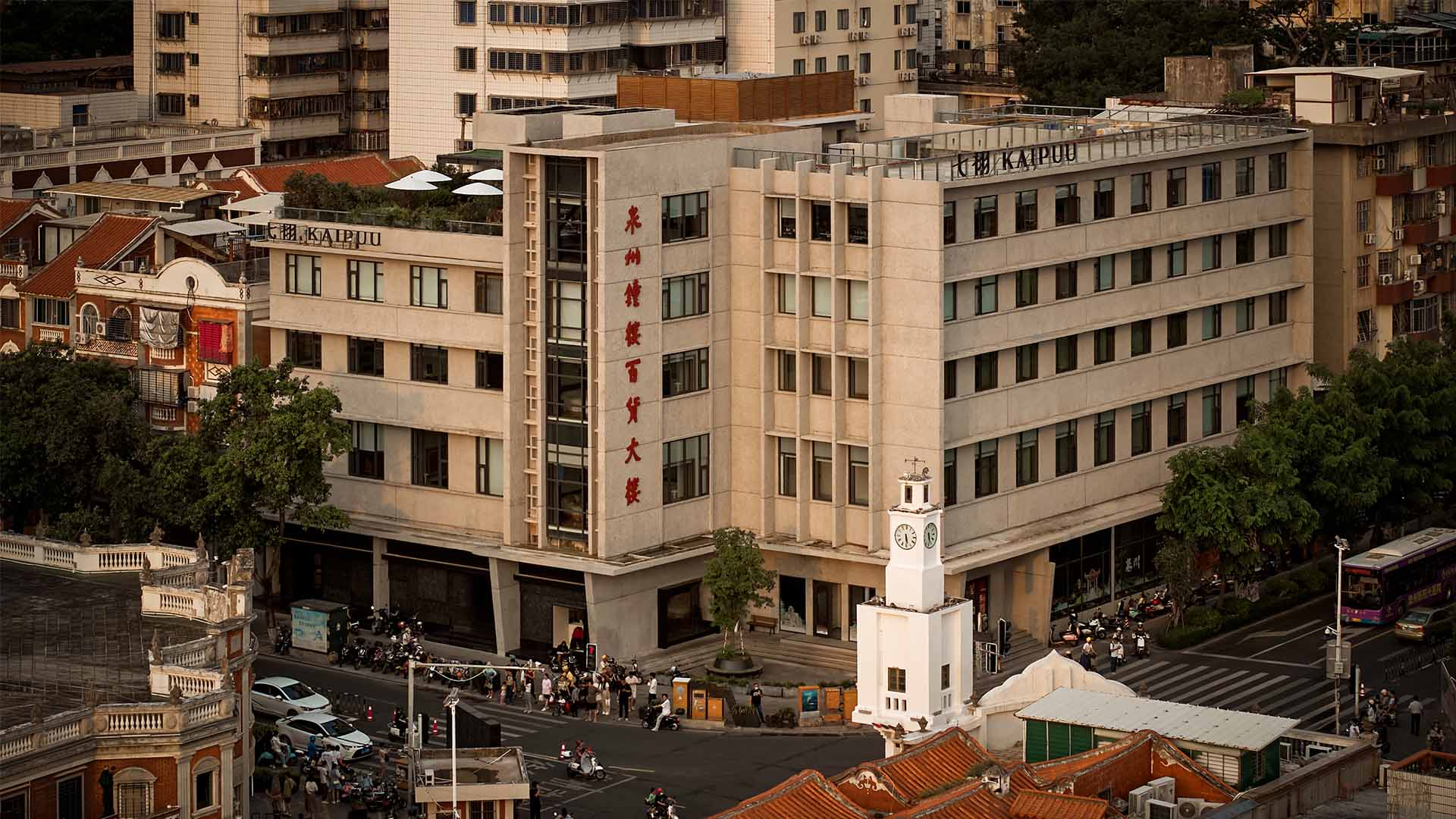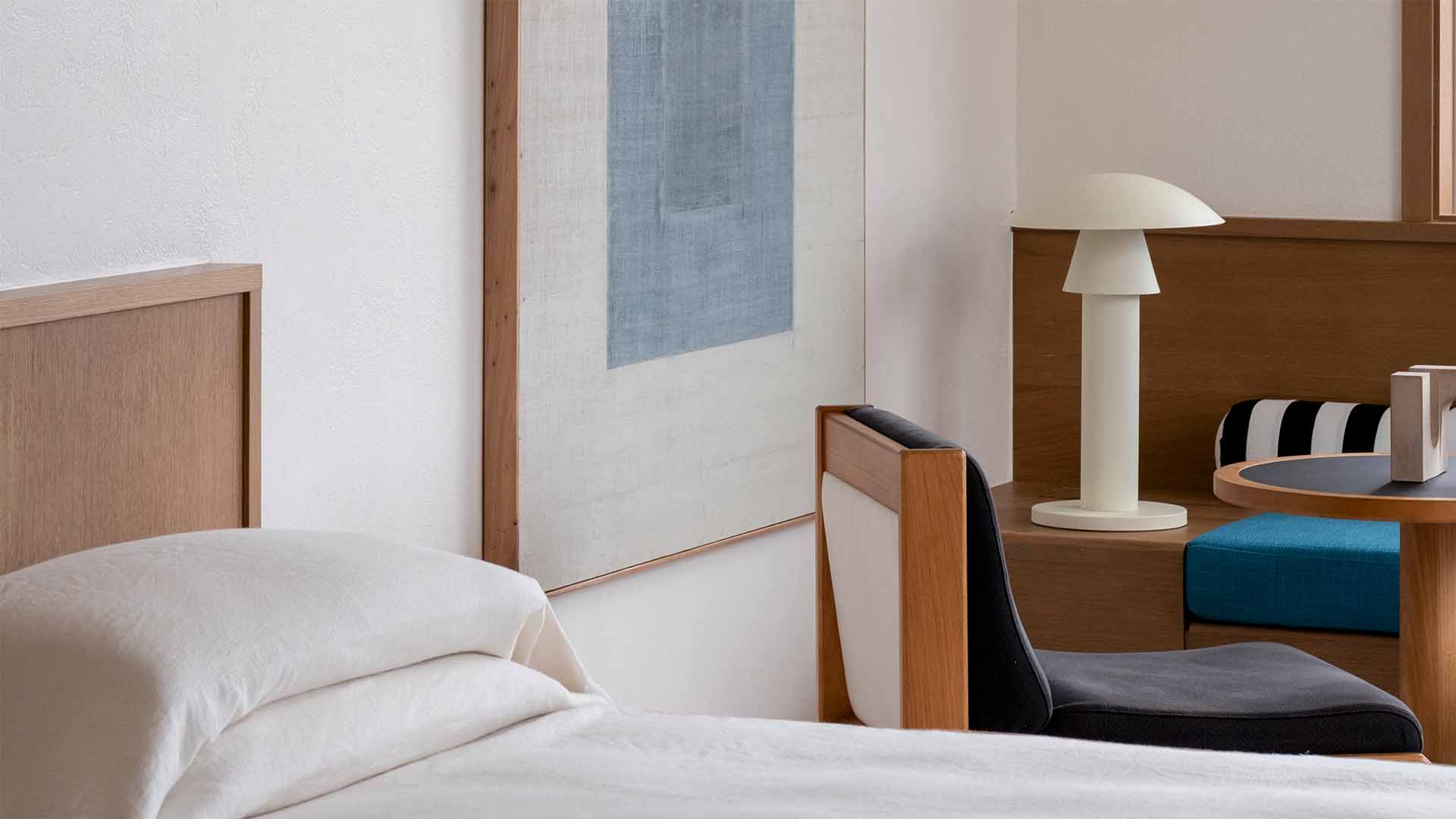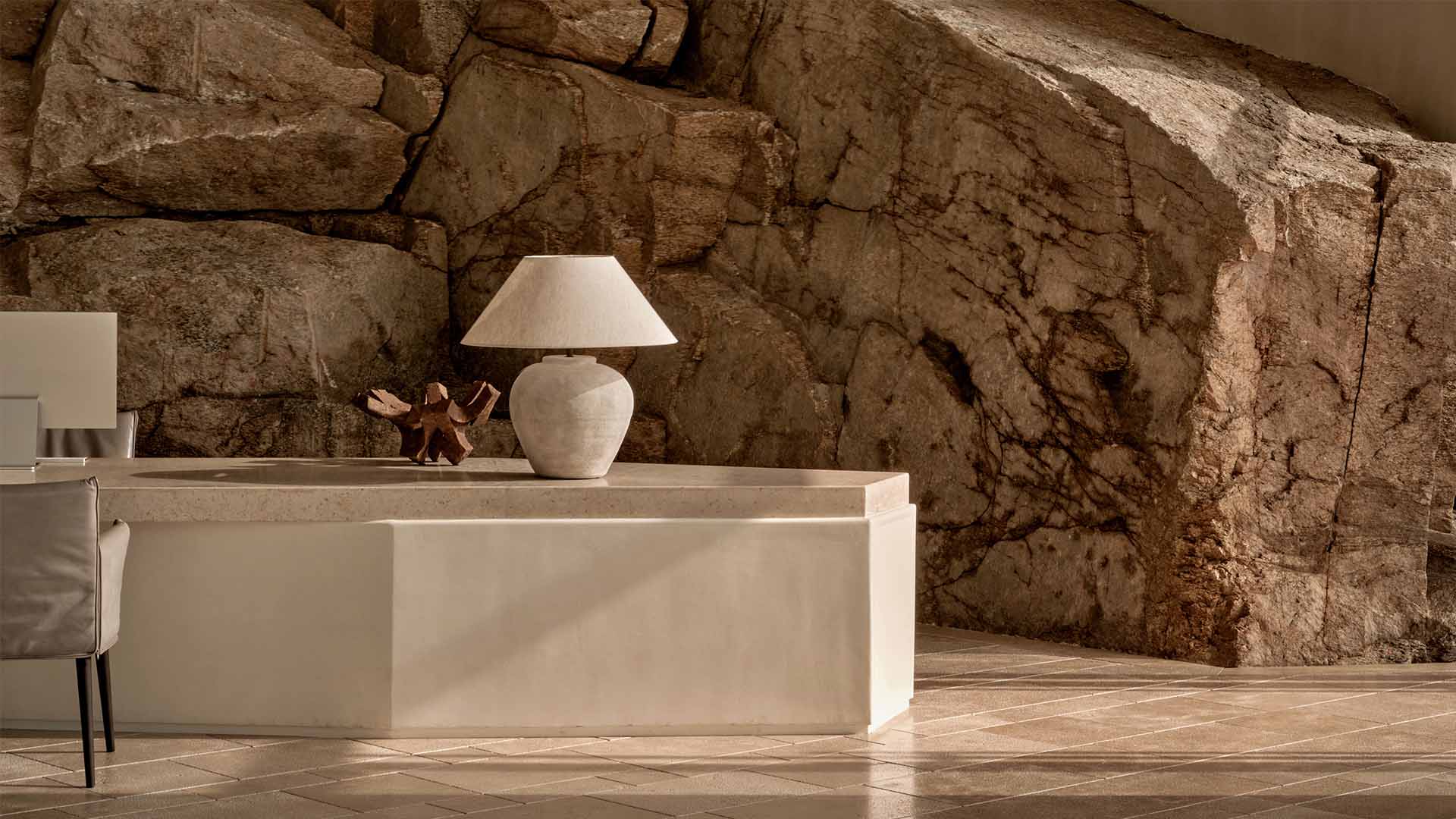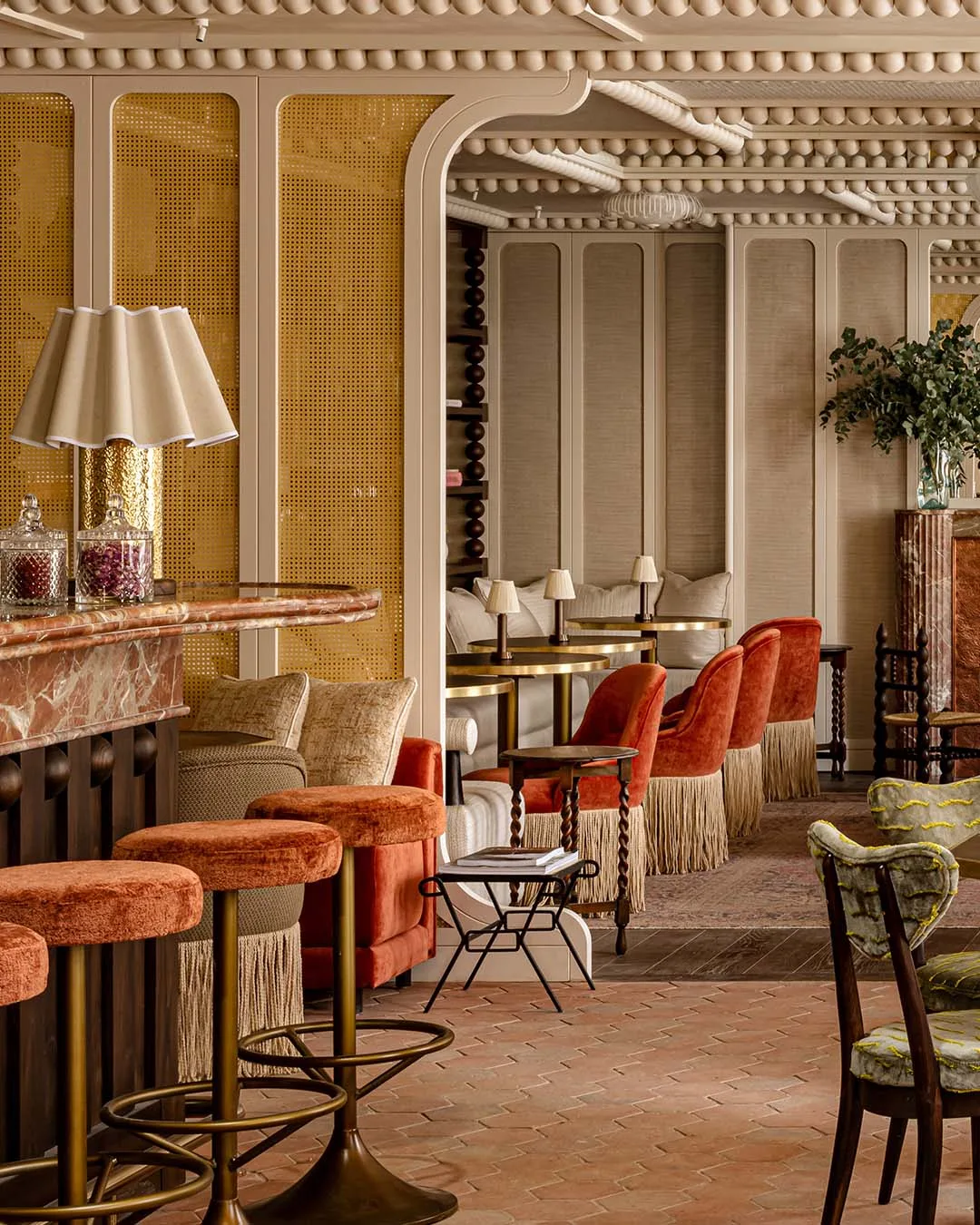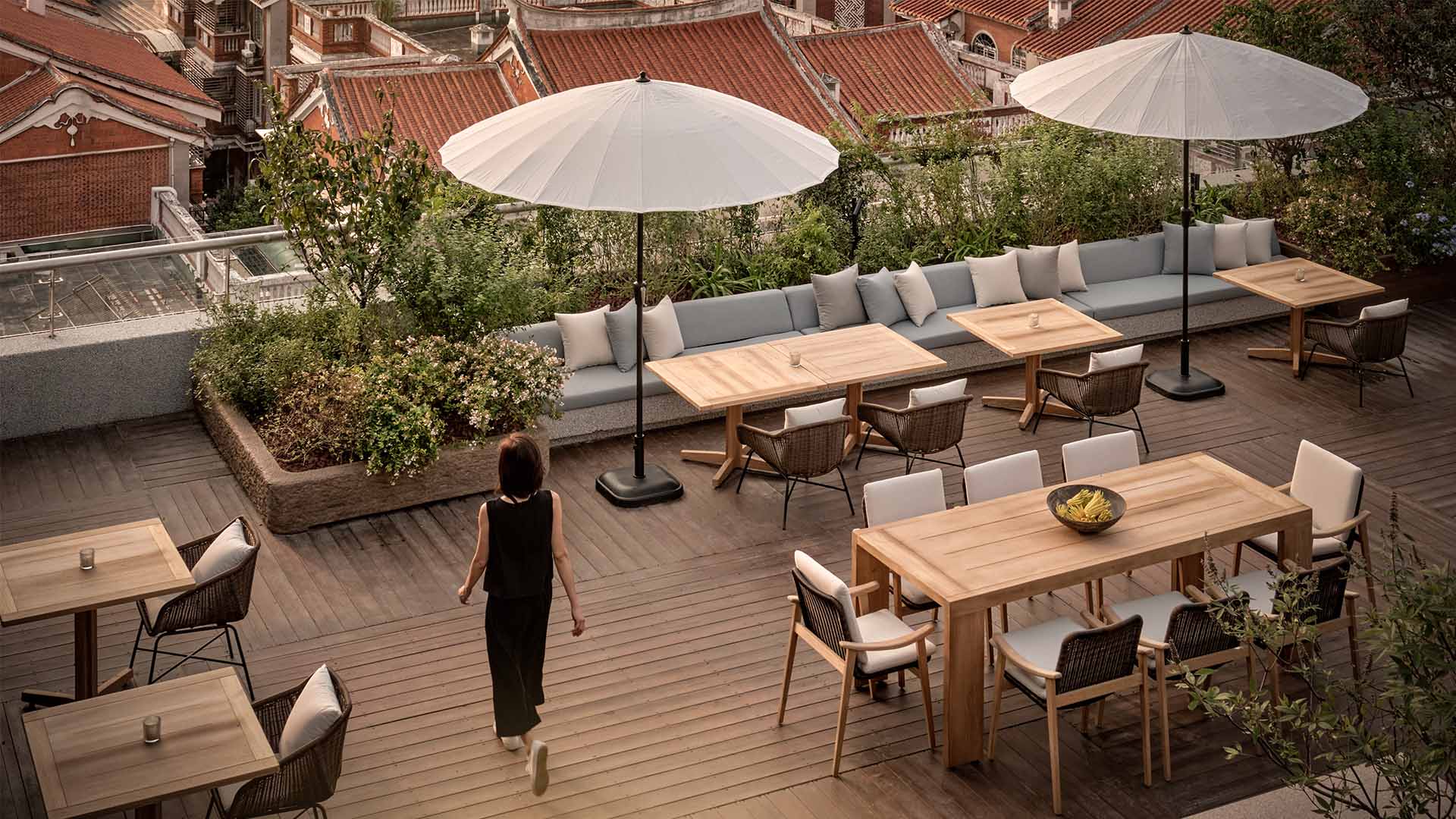
As the first luxury hotels in China to be certified by the Global Sustainable Tourism Council (GSTC), Kaipuu on the Reef and Kaipuu Belfry are setting the eco-friendly bar in the history-steeped seaport of Quanzhou. The Jin River has welcomed trade and travellers from all four corners of the globe, including the celebrated Venetian explorer, Marco Polo. Today, owner Xiaoran Zhou balances Quanzhou’s rich heritage with a contemporary outlook on design, sustainability, and cultural immersion across both Considerate Collection properties, working closely with architect Xie Ke to share and spread the aesthetic of simple and natural living.
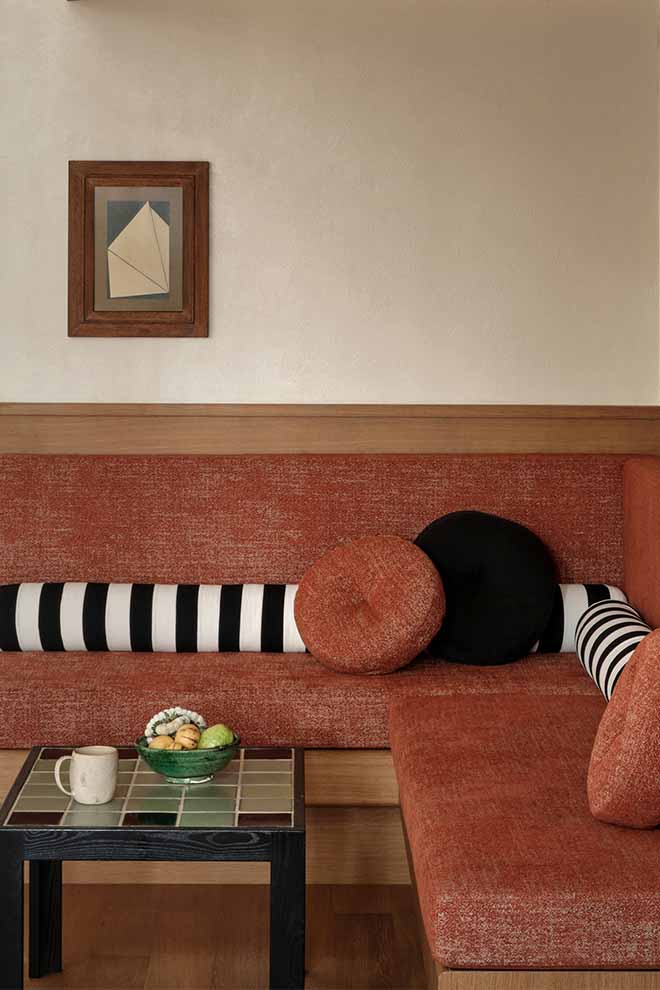
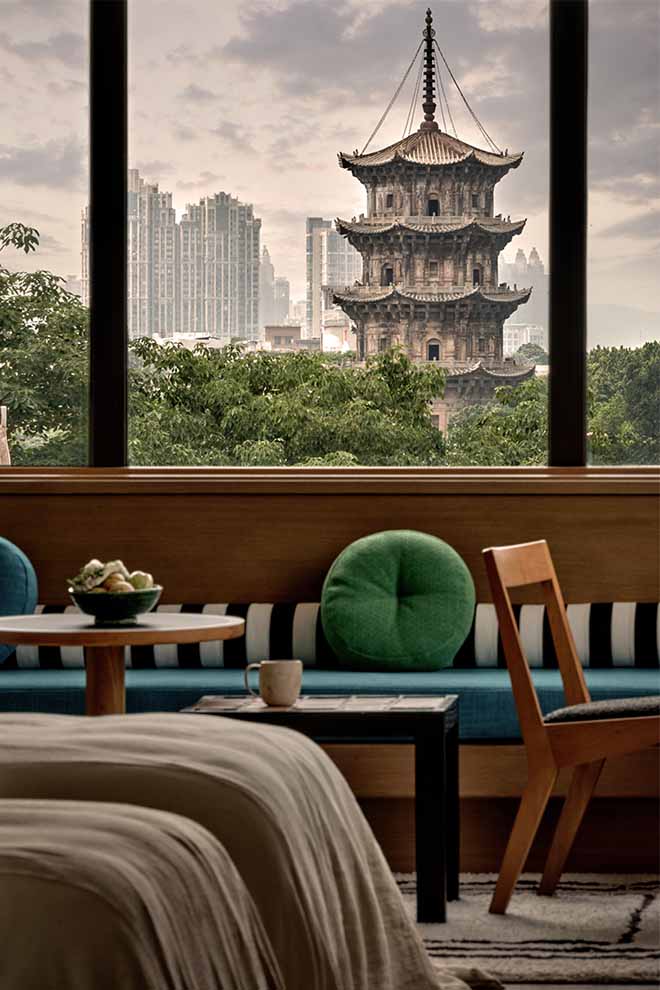
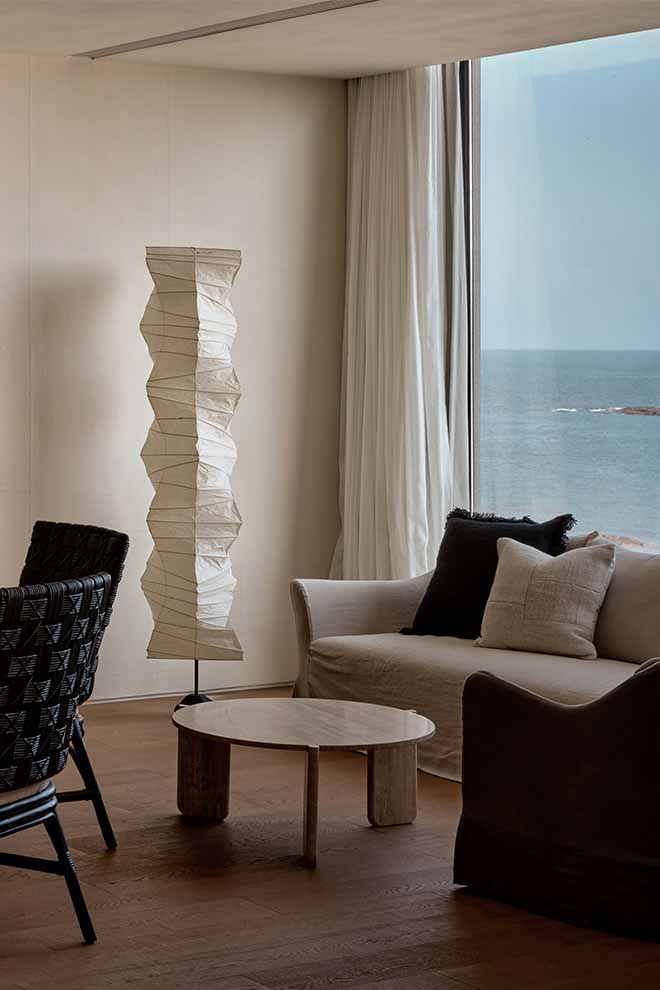
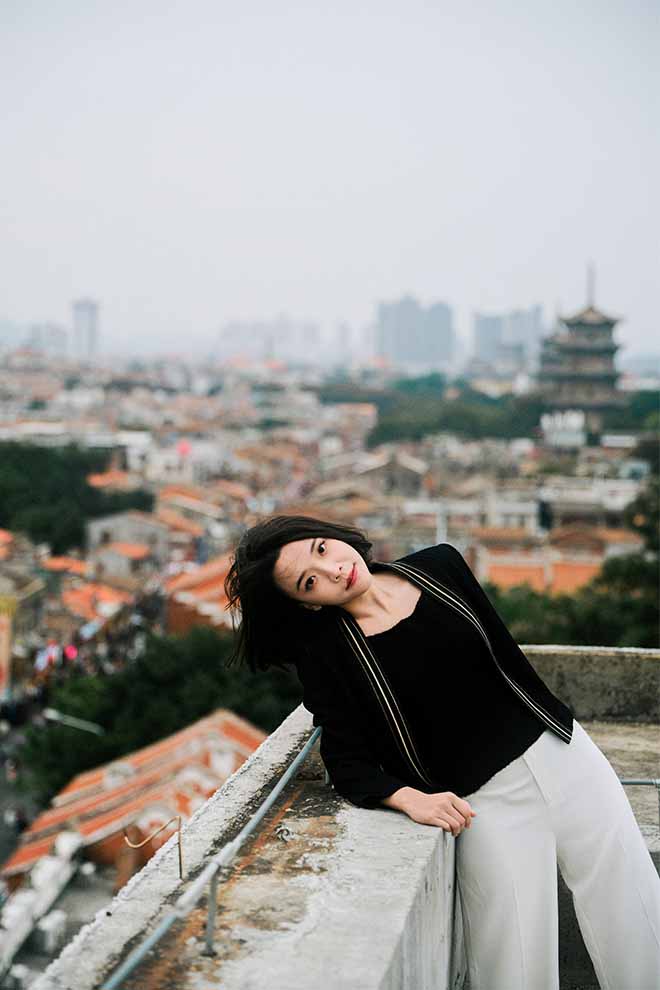
What does being ‘independently minded’ as a hotel owner mean to you?
Being ‘independently minded’ is about focusing on inner truth. Like each Kaipuu hotel, it offers a unique and independent experience of life, creating individualised guest experiences without limitations.
Every Kaipuu hotel is rooted in local abundance and warmth. We design from the perspective of the guest, not the designer, owner, or management company. Unlike global strategy driven chain hotels, our experiences grow organically from local culture. From architecture and heritage crafts to modern lifestyles and community ecology, we delve into cultural roots where life in ancient buildings, nature’s vitality, rational landscapes, and emotions intertwine.
Space is the spirit’s self-portrait. Kaipuu is my metaphorical dialoguing vessel with the world. Its space doesn’t force individuality but transforms our awe for cultural identity and appreciation for the present into tangible local narratives. It’s a multi-dimensional space blending contemporary elements with traditional rhythms, balancing creative imagination and comfort.
What was the inspiration behind the hotels, and where do you continue to find sources of inspiration?
Kaipuu originates from the Finnish word ‘kaukokaipuu’, which expresses a strong yearning for unexplored lands. Its design inspiration flows from two eternal spirals. When exploring new frontiers, Kaipuu, with an explorer’s heart, uses a contemporary perspective to deconstruct original geographical elements, making each new project a tribute to the unknown. When preserving old buildings, it draws on the prosperous clan culture and local patriotism of Fujian, allowing history to regenerate with a pioneering spirit and creating ever-lasting destinations for travellers.
Carrying weathered local chronicles and unopened philosophy collections in baggage, Kaipuu keeps moving, measuring ancient ruins and future cities. It stays clear-minded and creative by balancing ‘reading’ and ‘being on the way’.
The story of Kaipuu has no single origin. Its site selection, construction, and operation are all shaped by a mix of chance and inevitability. For us, the hotel is both a serendipitous encounter and a practice of idealism.
Kaipuu is not only dedicated to meeting travellers' needs but also respecting and giving back to local culture, nature, and community.
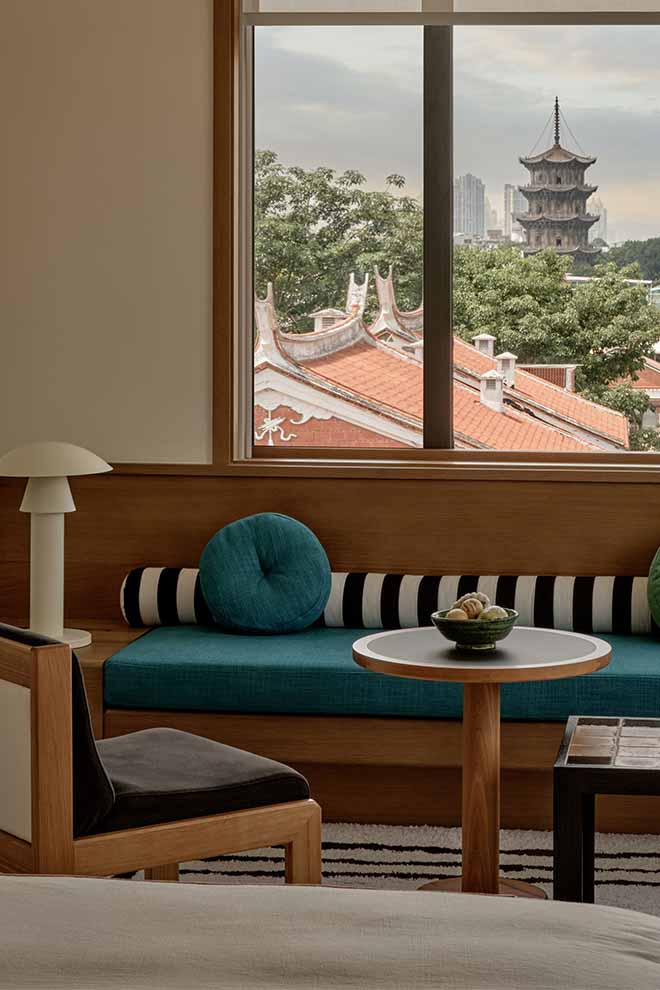
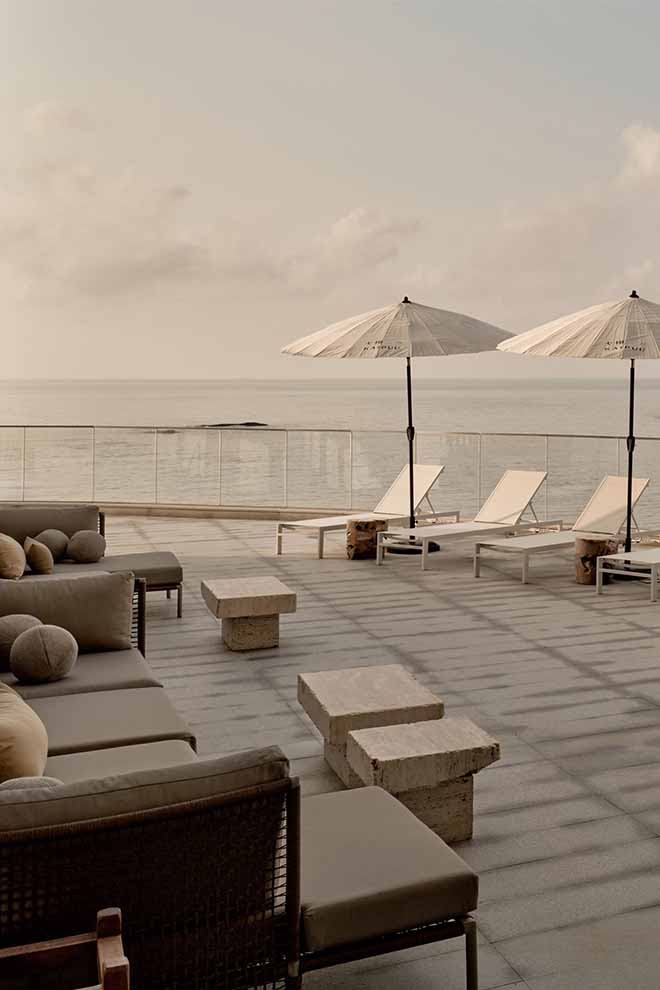

How do you think your hotels stands apart from other boutique hotels?
Kaipuu has an independent spirit and unique character. It focuses on transcendent aesthetics, avant-garde culture, and captivating experiences. This reflects its deep market insight and pursuit of authentic travel experiences. It enriches the boutique hotel culture with sustainable creativity.
Kaipuu’s individuality lies in its site-specific blend of conflicting elements, such as the lively and the elegant. This conflict, rooted in local culture, is seen in Kaipuu on the Reef’s mix of natural rocks and modern design, and Kaipuu Belfry’s combination of a historical building with contemporary cultural events. This creates a unique aesthetic and travel experience that is both locally grounded and elevated.
If you only had 24 hours to get a taste for your hotel experience, what would you recommend a guest must do?
Stay in one of the sea view studios or suites at Kaipuu on the Reef, which are tranquil, solo travel-friendly spaces. Unlike typical seafront hotels presenting the whole seascape, it features a bathtub side sea view through a small window, sparking travellers’ imaginations of the wonderful world outside.
Start your day with a local Minnan breakfast like mianxianhu, then explore community eateries for lunch sampling traditional dishes such as manjiangao, ginger duck, and beef soup. For dinner at the hotel, enjoy dry-aged beef and freshly caught seafood. Sip the Reef cocktail, made with tequila, dahuipao tea, and sea salt, to embody the coastal surroundings and local culture. Tequila represents fishermen’s passion, and dahuipao tea is the fishermen’s life seasoning. While sea salt, of course, comes directly from our waters.
Meanwhile Quanzhou, an ancient UNESCO heritage city, offers culturally rich experiences. While staying at Kaipuu Belfry, visit nearby historical sites like Chengtian Temple. Amidst the city’s hustle and bustle, the sounds from the distant bell tower narrate its long flowing history.
How would you describe your own perfect luxury experience?
Travellers now seek deep cultural immersion, not just surface-level sightseeing. They want to forge unique cultural memories and emotional connections. I define sustainable luxury experiences as those that focus on product longevity and in-depth experiences, including thoughtful interactions with the natural world, deepening your understanding of local culture, and a design that tells a story beyond the visual appeal.
Do you have a vision for the future of the hotels?
Our vision for the Kaipuu’s future is unwavering: to instil a strong sense of national pride within the hospitality sector. Hotels should be more than just places for accommodation; they should serve as bridges connecting local culture with a global perspective, and as vehicles for conveying confidence and charm.
As China’s first luxury boutique hotel brand with Global Sustainable Tourism Council (GSTC) certification, each Kaipuu hotel is committed to sustainable management based on GSTC standards. This includes focusing on the climate, marine resources, socio-economic factors, biodiversity risks, and talent sustainability to promote sustainable development in the hotel and tourism industry. We adapt to local conditions, align with people’s hearts, have deep geographical connections, aim to infuse every journey with new knowledge, and emphasise systematic sustainability, making it a key factor in all our business decisions.
Latest stories

A beloved Jackson Hole lodge reopens for ski season: plus, US mountain hotel top picks
With ski season reaching its peak, discover a revived haven of lofty luxury within the majestic mountain ranges of Teton County, western Wyoming, as a rustic mountain retreat begins a new chapter. The scent of freshly baked cookies still lingers. So does the feeling of being warmly welcomed into someone’s
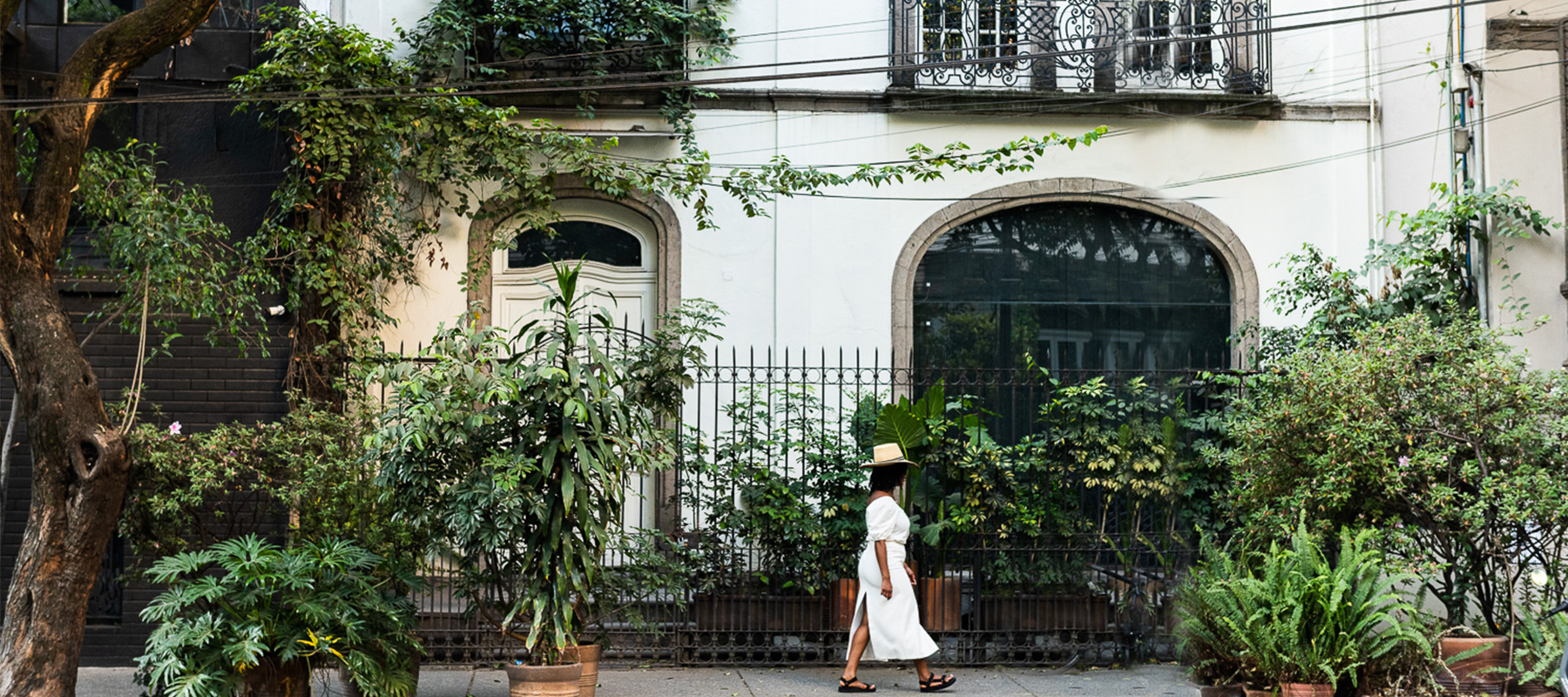
A pocket guide to Roma Norte: Mexico City’s most creative district
Full of characterful, colourful neighbourhoods where culture and cuisine thrive, Mexico City is a magnet for creatives to reside and visit. Condesa remains the go-to for Art Deco architecture and buzzy brunch spots. The bohemian enclave of Coyoacán has long been a refuge for artists. Burgeoning Juárez brings in a
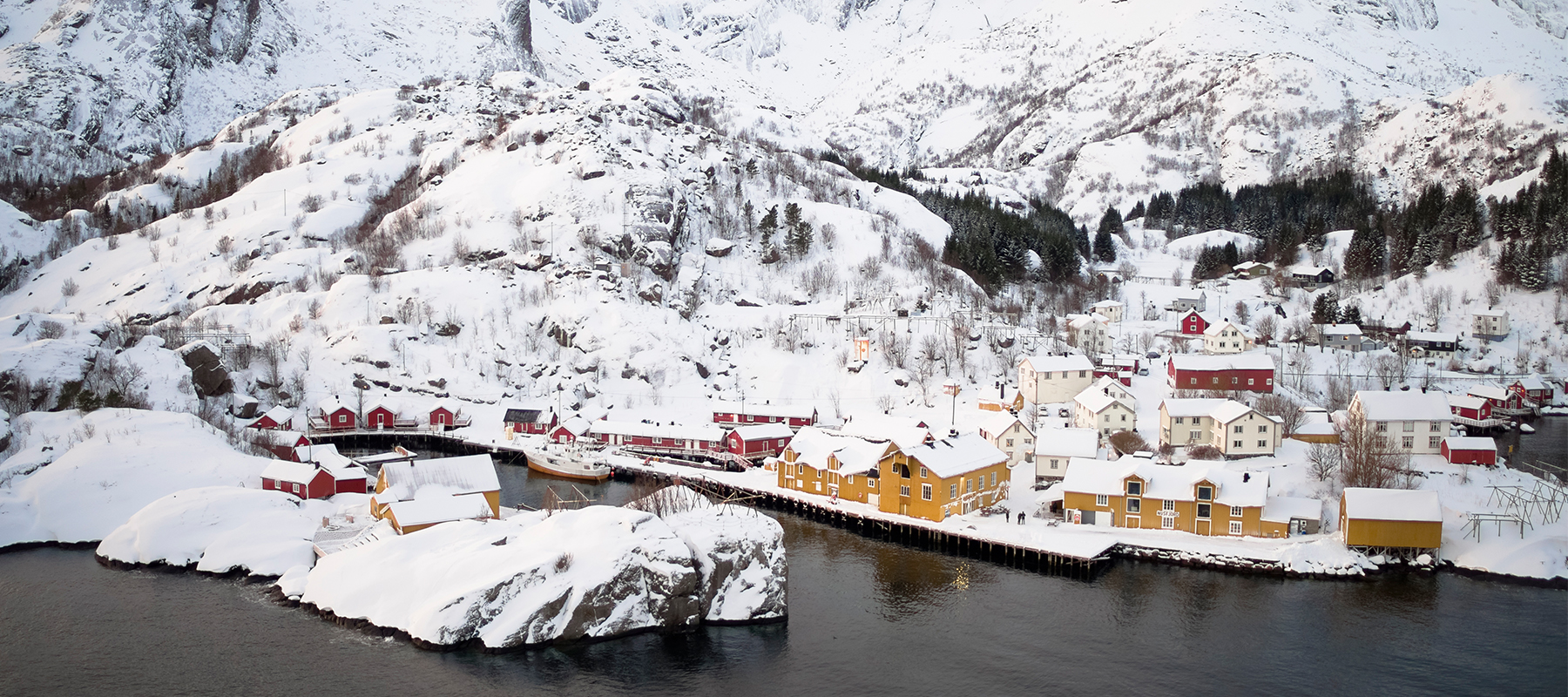
Northern delights: a ‘coolcation’ itinerary across Norway & Iceland
As the train begins its slow, corkscrewing descent into Norway’s Flåm Valley, snow is softening mountain peaks into meringue-like folds. Outside the window, waterfalls freeze mid-cascade, as forests stand still under crystal light. The Flåm Railway — a staggering feat of engineering — feels like a portal into another season,
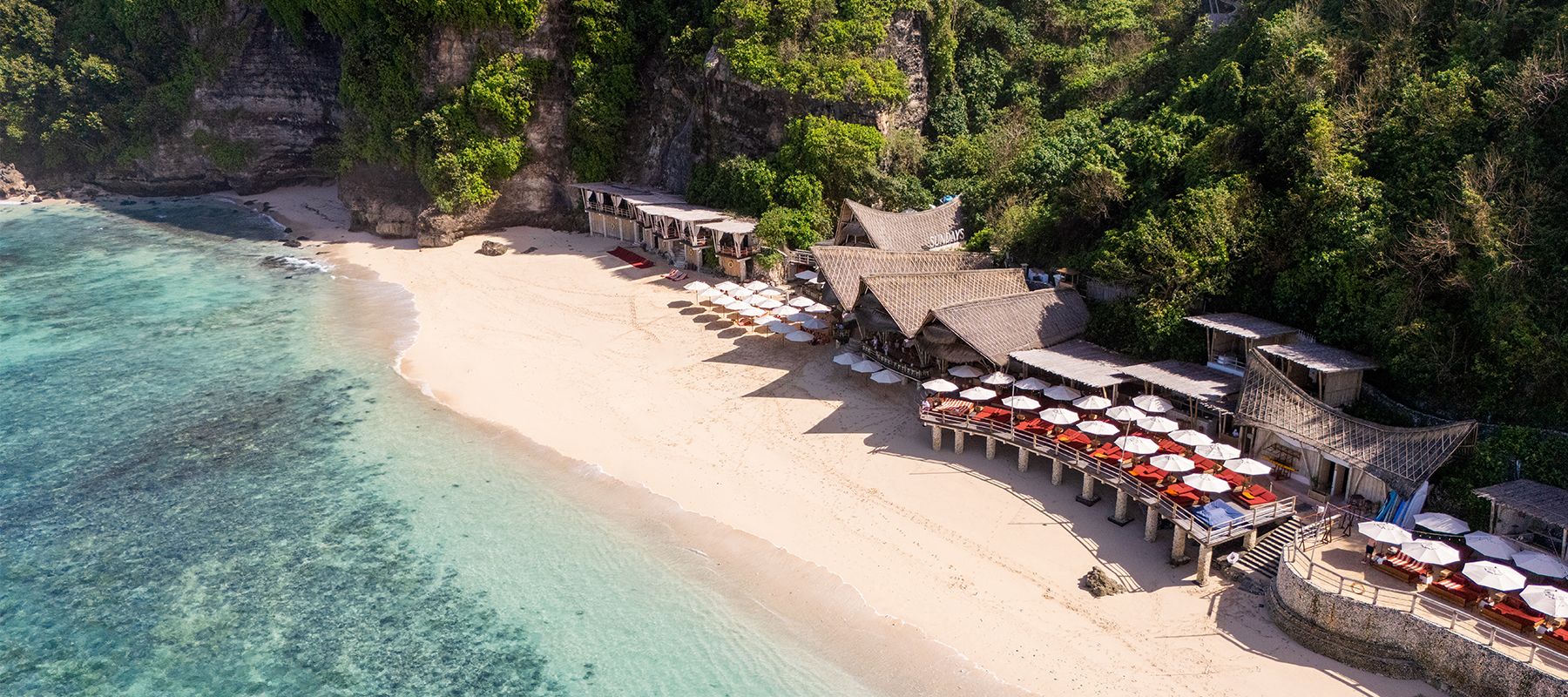
Snowy Lapland lodges to Balinese spa retreats: top boutique hotels for February
February invites a different kind of travel thinking. The urgency of new beginnings has softened, replaced by a desire to move well toward places feel tuned to their setting. This month’s selection spans extremes and in-betweens: Arctic forests and Balinese cliffs, historic towns in southern Europe, and quietly evolving cities.

